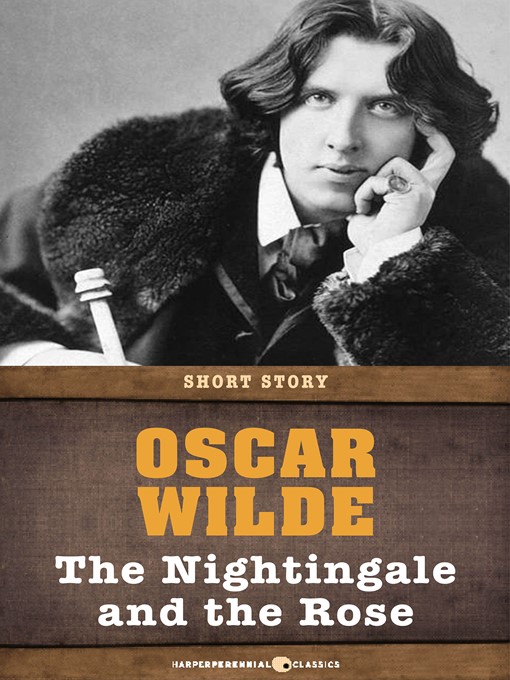
Unlike many of his contemporaries, Wilde held out for the importance of intangible qualities like beauty in an increasingly rational and mechanized world.Level 3-10 The Nightingale and the Rose Workbook "The Nightingale and the Rose" (as well as Wilde's broader embrace of Aestheticism) is in some ways a reaction to all of these changes. According to thinkers like John Stuart Mill, something is "good" simply if it has a net positive effect, rather than because it has any inherently good properties. Utilitarianism, for instance, attempted to explain ethical problems in terms of function. By the mid-to-late 1800s, philosophy and art arguably had begun to mirror these broader social trends. Technological progress, meanwhile, sped up the Industrial Revolution, which in turn transformed societal attitudes toward wealth and consumption the ability to mass produce goods, for instance, encouraged a culture of materialism. Building off the Enlightenment’s emphasis on reason and the scientific method, thinkers like Charles Darwin challenged traditional beliefs about the origins and purpose of human life. The 19th century was a time of rapid change in England.

Wilde left England following his release from prison but never truly recovered from the ordeal, dying in Paris in 1900.

An ill-fated romance with Lord Alfred Douglas culminated in charges of "gross indecency," and Wilde was sentenced to two years' hard labor in 1895. Though married since 1884 to Constance Lloyd, Wilde had pursued several affairs with men throughout the 1880s and 90s.

His literary career began in 1881 with the publication of a volume of poetry but did not gain traction until the late 1880s it was during this period that Wilde, drawing in part on the Irish folklore he had learned from his mother, wrote a collection of fairy tales that included "The Nightingale and the Rose." Wilde's success peaked in the early 1890s with works like The Picture of Dorian Gray, but scandal soon overshadowed his writing. Wilde moved to London after completing his studies, where both his wit and his views on "art for art's sake" quickly attracted a following. Under her influence, Wilde developed an appreciation for art and won academic scholarships first to Trinity College and later to Oxford. Now famous as much for his personal life as for his literary contributions, Oscar Wilde was born in 1854 in Dublin to Sir William Wilde and Jane Francesca Elgee, who was herself a poet.


 0 kommentar(er)
0 kommentar(er)
